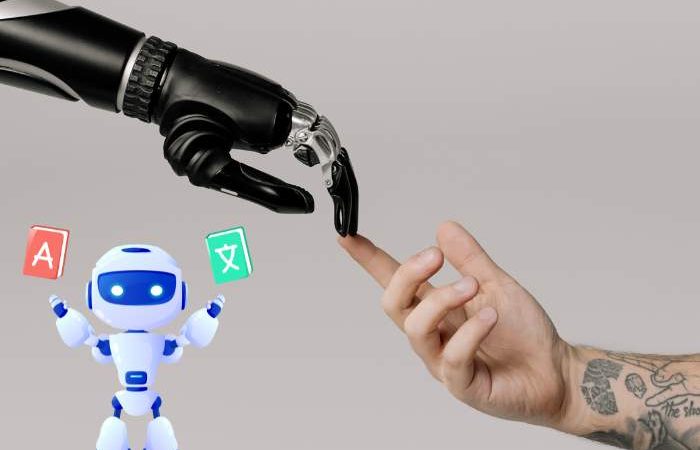
Are Virtual Friends Replacing Human Interaction?
In a world where social media is king and face-to-face conversations are increasingly rare, a new trend is sweeping the digital landscape: virtual friends. These AI-driven companions are becoming more than just a novelty—they’re a replacement for real human interaction. But what does this mean for our social fabric, our mental health, and the very nature of what it means to be human?
The Rise of AI Companions: A Glimpse into the Future
Imagine coming home after a long day, and instead of calling a friend or spending time with family, you open an app to chat with your virtual friend. It knows everything about you—your likes, dislikes, your deepest fears—and it’s always there to listen, never judges, and is programmed to make you feel good. Sounds like something out of a sci-fi movie, right? But this is not the future; it’s happening right now.
AI companions like Replika, Woebot, and others are growing in popularity at an astonishing rate. These digital entities are designed to mimic human conversation, providing comfort, advice, and even companionship. With advancements in natural language processing and machine learning, these AI friends are becoming more convincing and emotionally intelligent than ever before. But as they grow more sophisticated, we must ask: Are they enhancing our lives, or are they replacing something irreplaceable?
The Psychological Impact: A Double-Edged Sword
On the surface, the appeal of AI companions is clear. They offer a form of interaction that is always available, always agreeable, and completely devoid of the messiness that comes with human relationships. No arguments, no misunderstandings, no emotional baggage—just pure, tailored interaction. For many, especially those who struggle with social anxiety, loneliness, or depression, these virtual friends can be a lifeline.
But there’s a darker side to this seemingly perfect solution. Relying on AI companions might dull our ability to interact with real humans, eroding our social skills and emotional intelligence. After all, a virtual friend doesn’t require the effort, empathy, or understanding that a human relationship demands. Over time, this could lead to a society where we’re more comfortable interacting with machines than with each other—a chilling prospect.
The Social Effects: Connection or Isolation?
Humans are inherently social creatures. Our need for connection, empathy, and understanding from others is deeply rooted in our biology. While AI companions can simulate these experiences, they are just that—simulations. They lack the true empathy, unpredictability, and emotional depth that come from human-to-human interactions.
As more people turn to virtual friends for companionship, we risk creating a world where genuine human interaction becomes secondary. This shift could lead to increased feelings of isolation, even as we’re constantly “connected” to our devices. The irony is that in seeking connection through AI, we might be pushing ourselves further apart from one another.
Are Virtual Friends the Future?
The rise of AI companions is a reflection of our times—a world where technology often fills the gaps left by our increasingly busy, disconnected lives. But while these virtual friends can provide temporary relief from loneliness or social anxiety, they cannot replace the richness of human interaction.
So, what’s the takeaway? AI companions may have a place in our lives, but they should never become a substitute for real human connections. As we navigate this brave new world, it’s crucial to remember that while a virtual friend might be convenient, the warmth, empathy, and understanding of a real friend are irreplaceable.
The Final Thought: A Call to Reconnect
The growing popularity of virtual friends is a wake-up call. It’s time to reevaluate how we use technology in our lives and to prioritize human connection. Let’s not allow the convenience of AI to replace the complexity and beauty of human relationships. Because in the end, no matter how advanced our virtual friends become, they will never replace the irreplaceable—you and me.
Now it’s your turn: Do you think AI companions are a harmless trend, or are they a sign of something deeper? Share your thoughts in the comments below and let’s start a conversation about the future of human interaction in an increasingly digital world.





















